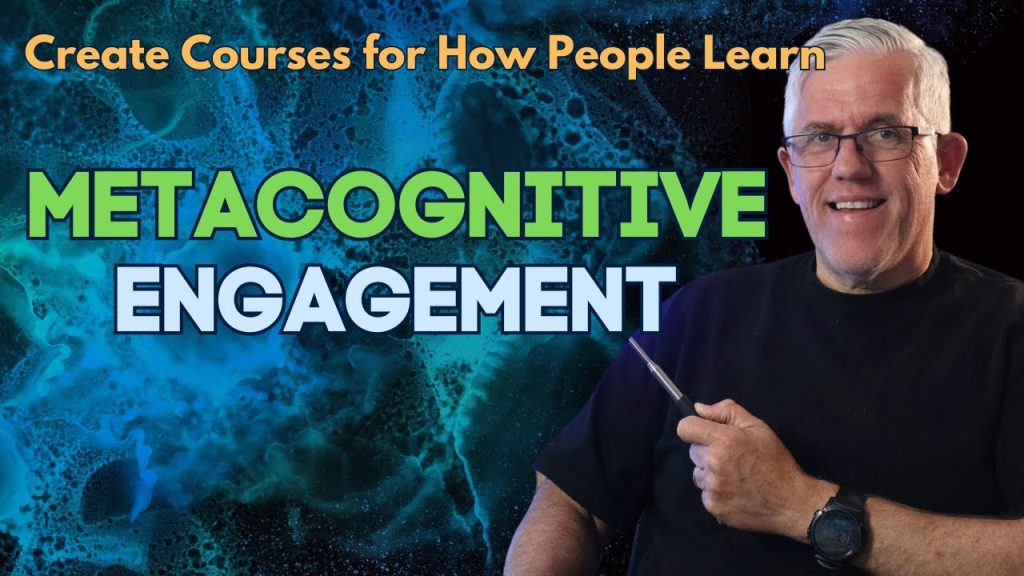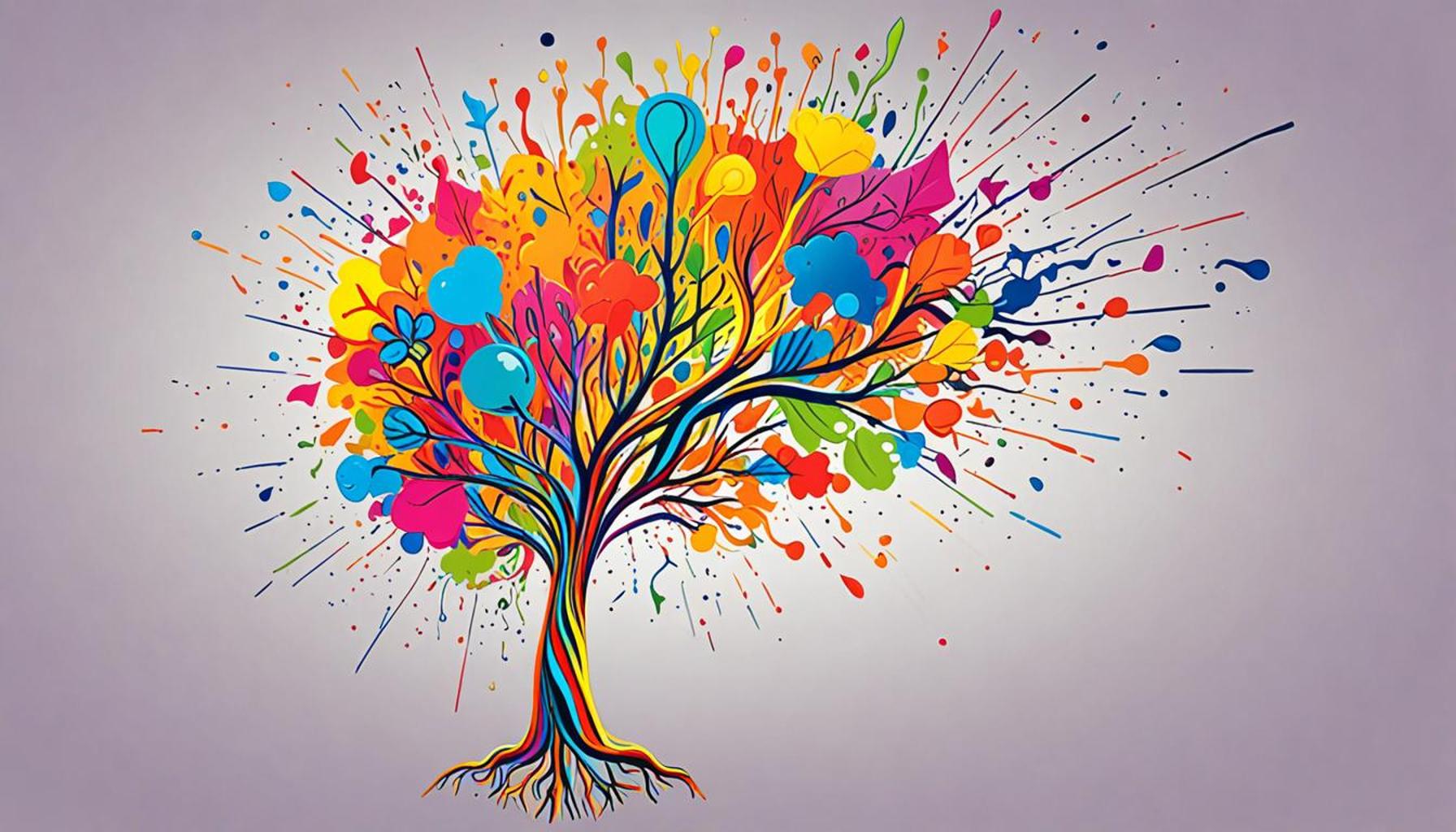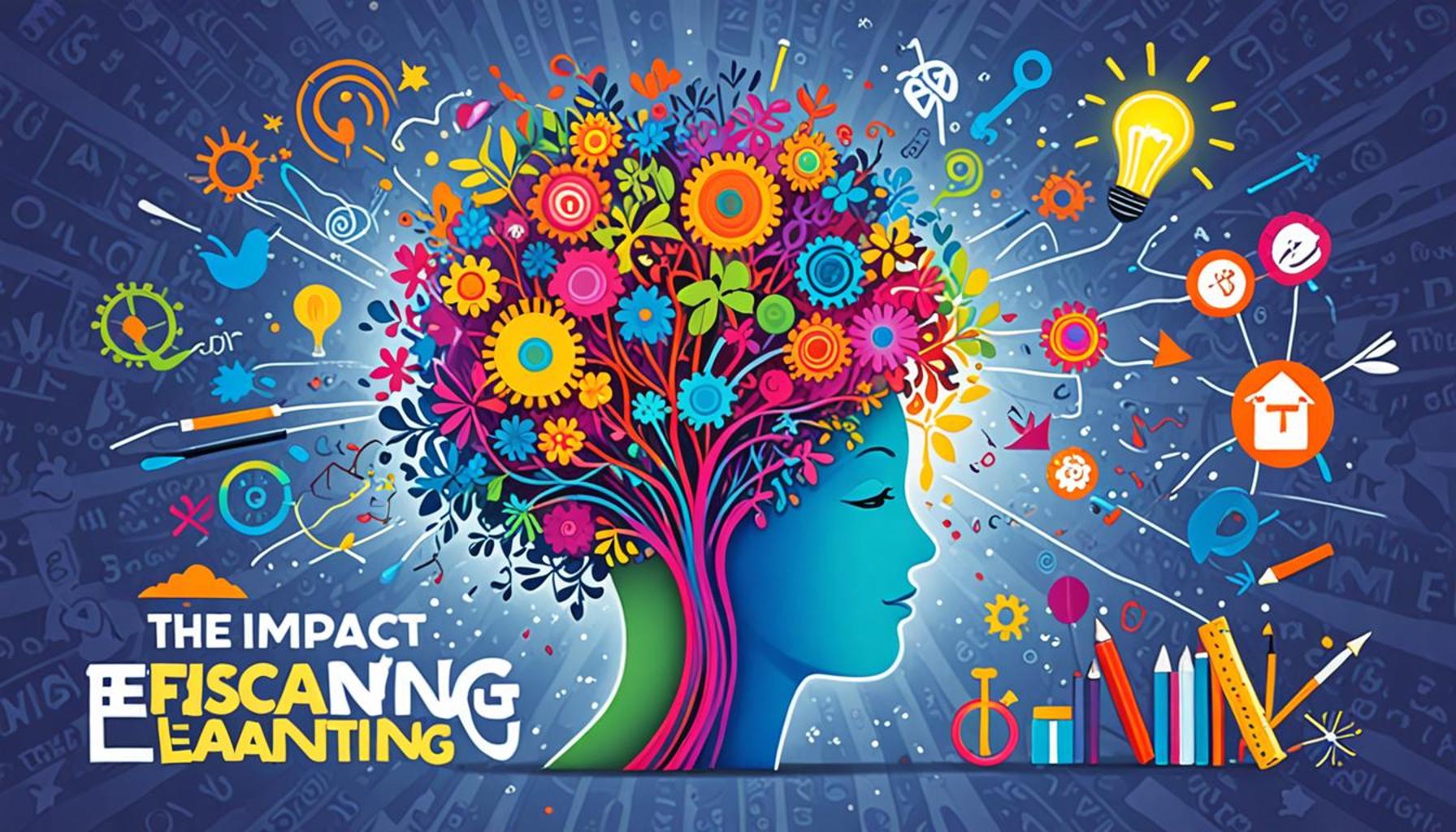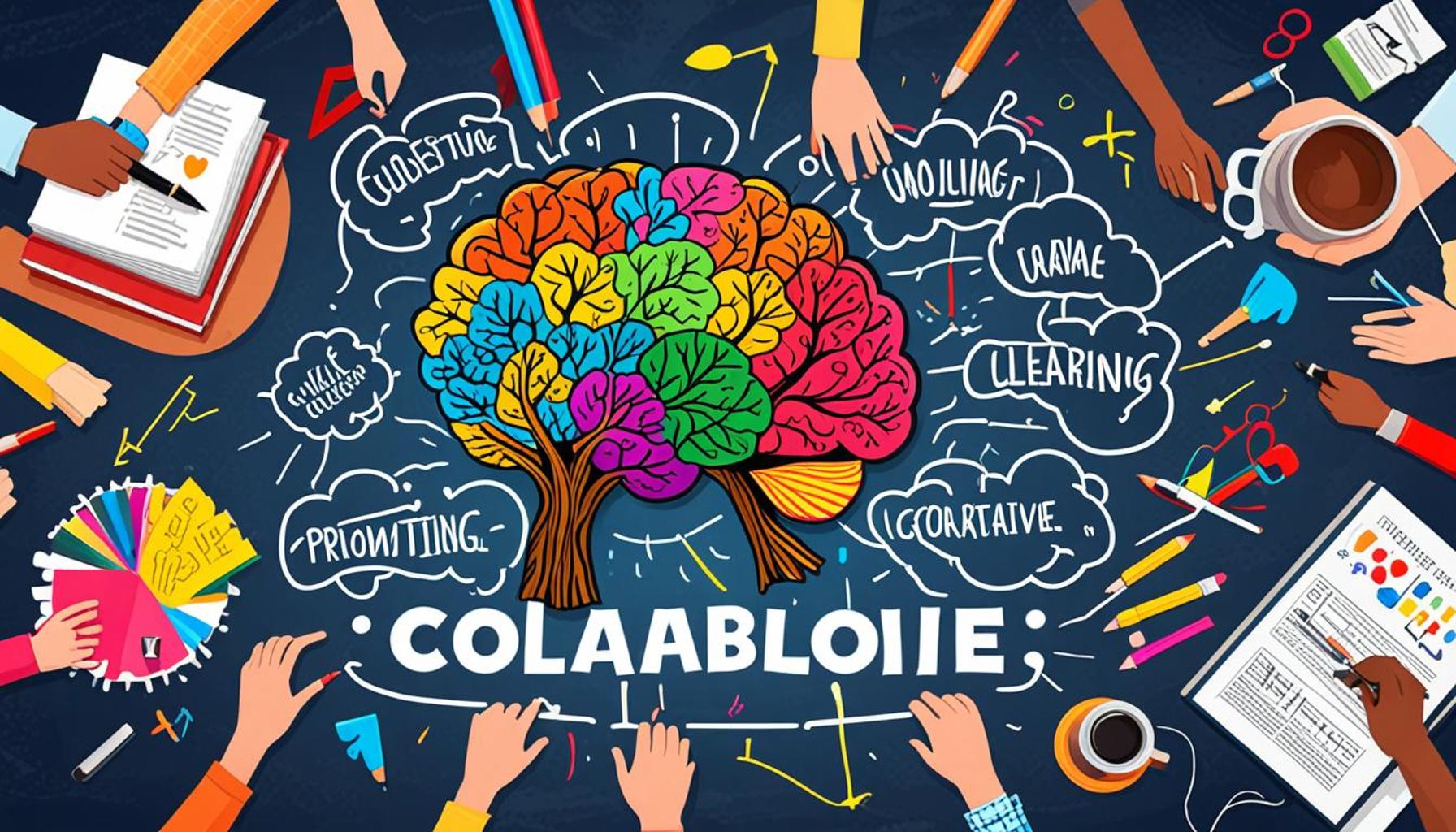The Role of Metacognition in Learning Strategies and the Development of a Growth Mindset

The Importance of Metacognition in Learning
In an educational environment as diverse and dynamic as Nigeria’s, the concept of metacognition emerges as a powerful tool for enhancing student outcomes. Metacognition, which can be defined as “thinking about one’s own thinking,” encompasses the awareness and understanding of one’s own learning processes. This reflective practice holds the potential to significantly influence how learners approach and strategize their educational journey.
At the heart of metacognition are two fundamental components:
- Knowledge of cognition: This refers to the awareness of one’s learning strengths and weaknesses. For instance, a student who recognizes that they excel in oral presentations but struggle with written assignments can tailor their study habits accordingly, seeking help with writing while leveraging their strength in speaking.
- Regulation of cognition: This is the ability to effectively plan, monitor, and assess one’s understanding and performance. For example, a student who periodically reviews their progress in grasping new mathematical concepts and adjusts their study techniques based on what works best can achieve better results.
By nurturing these metacognitive skills, learners are not only equipped to develop effective learning strategies but also gain the insight necessary to adapt to various academic challenges. This adaptability is especially relevant in Nigeria, where students often face a myriad of obstacles such as limited resources and diverse learning environments. Moreover, fostering a strong understanding of metacognitive principles contributes to the development of a growth mindset. In this mindset, challenges are not viewed as stumbling blocks, but as valuable opportunities for learning and growth.
According to research, individuals who actively engage in metacognitive practices often experience:
- Increased academic performance: Students who apply metacognitive strategies show marked improvements in grades and test scores, as they become adept at recognizing what methods yield the best results for their learning styles.
- Improved problem-solving skills: By assessing their understanding and reflecting on their thought processes, students can navigate complex challenges more effectively, fostering critical thinking and innovation.
- Greater resilience in the face of difficulties: A metacognitive approach encourages students to view setbacks as a natural part of the learning process, allowing them to bounce back stronger from failures.
As educators and students traverse the intricate landscape of learning, understanding the interplay between metacognition, learning strategies, and mindset development is crucial. This exploration not only empowers Nigerian students to overcome obstacles but also aligns with global educational trends promoting self-awareness and adaptive learning. By prioritizing metacognitive practices, the future of education in Nigeria holds the promise of fostering more independent, capable, and resilient learners.

SEE ALSO: Click here to read another article
Unpacking Metacognitive Strategies in Nigerian Learning Environments
An essential aspect of enhancing learning in Nigeria involves profoundly understanding metacognition and its practical implications. By recognizing the mechanisms of their thinking, students can advance beyond rote memorization toward deeper, more meaningful learning experiences. This journey begins with the adoption of effective learning strategies that pivot on metacognitive awareness.
When students cultivate an awareness of their cognitive processes, they become more capable of identifying which learning strategies resonate with their individual styles and preferences. These strategies can range from self-questioning techniques to elaborative rehearsal and summarization. For example, a student who employs self-questioning may ask, “How does this topic connect to what I already know?” This not only reinforces their understanding but also highlights areas requiring more focus. Additionally, the incorporation of technology, such as educational apps that encourage reflective practice, can further augment students’ metacognitive abilities. The role of technology in supporting metacognition cannot be underestimated in today’s digital age, where online resources and platforms offer diverse ways for students to track their learning journeys.
The significance of metacognitive strategies extends to fostering a growth mindset. In contrast to a fixed mindset, where challenges are perceived as threats to intelligence, a growth mindset embraces challenges as opportunities for enhancement. Here, metacognition acts as a bridge, helping learners recognize and confront areas of difficulty. To illustrate, consider a university student struggling with mathematics. Instead of succumbing to frustration, a metacognitive approach allows them to honestly assess their weaknesses, enlist tutors, and reevaluate their study methods—thus developing a healthier approach towards failure. This transformation not only leads to improved academic performance but also cultivates resilience and adaptability, qualities that are immensely valuable in navigating life’s hurdles.
The impact of metacognition on learning strategies and the nurturing of a growth mindset can be encapsulated in the following benefits:
- Enhanced Self-Regulation: Students learn to monitor their progress and adapt learning strategies as needed, thereby taking ownership of their educational outcomes.
- Development of Critical Thinking: As students reflect on their cognitive processes, they become more adept at analyzing problems and synthesizing information to formulate hypotheses.
- Improved Motivation: A clear understanding of personal strengths and weaknesses can drive students to engage more actively in their learning, contributing to a positive feedback loop that reinforces effort and perseverance.
In Nigeria, where educational settings can vary dramatically—from urban centers with well-resourced schools to rural areas facing challenges—embracing metacognitive strategies can provide much-needed support. By actively engaging in metacognition, students become not only better learners but also more equipped to rise above the academic and socio-economic challenges they face. The pathway to recognizing the interdependencies between metacognition, learning strategies, and a growth mindset invites an ongoing dialogue—one that holds the promise of transforming the educational landscape in Nigeria.
The Role of Metacognition in Learning Strategies
Metacognition, or “thinking about thinking,” plays a crucial role in educational success. It encompasses the awareness and regulation of one’s own cognitive processes, enabling learners to effectively navigate their educational journeys. One of the primary advantages of metacognitive skills is their capacity to enhance self-regulation. Learners who practice metacognition regularly evaluate their understanding and monitor their progress, which leads to more efficient study habits and improved retention of information. They develop the ability to set specific learning goals, which fosters a sense of accomplishment and encourages ongoing engagement in their studies.Furthermore, metacognition significantly contributes to the development of a growth mindset. By acknowledging their own thought processes, learners can recognize areas that require improvement, which encourages resilience and persistence when facing academic challenges. This self-awareness not only empowers students to implement effective learning strategies but also cultivates a positive attitude towards mistakes; they begin to view setbacks as opportunities for growth rather than insurmountable obstacles. Combining metacognition with learning strategies such as self-testing, summarization, and elaboration enhances their effectiveness. For example, students who engage in self-questioning while studying can clarify their understanding of the material, leading to deeper insights and longer-term retention. A growth mindset, supported by metacognitive practices, fosters lifelong learning, as it encourages individuals to embrace challenges and seek out new knowledge, paving the way for continuous personal and academic development.
| Advantages of Metacognition | Impact on Learning Strategies |
|---|---|
| Self-Assessment | Promotes evaluation of one’s understanding and strategies, leading to better academic performance. |
| Enhanced Resilience | Encourages viewing challenges as growth opportunities, supporting long-term learning. |
In summary, metacognition forms a vital link between cognitive awareness and the implementation of effective learning strategies, ultimately cultivating a robust growth mindset in learners. By harnessing the power of metacognitive practices, students can unlock their potential and achieve greater academic success.
ADDITIONAL INSIGHTS: Expand your understanding here
Navigating the Landscape of Metacognition in Nigeria’s Educational Systems
In Nigeria’s diverse educational landscape, the potential for metacognitive strategies to reshape learning cannot be overstated. Despite varying availability of resources, students can harness the power of metacognition to identify their cognitive strengths and weaknesses, thereby creating customized learning pathways that suit their unique contexts. For instance, students attending public secondary schools in Lagos may utilize group study sessions where they engage in metacognitive discussions about what strategies work best in solving complex subjects like Chemistry or Physics. This kind of collaborative learning fosters both academic understanding and social connectedness, reinforcing the principles of metacognition.
To further empower students in their learning endeavors, teachers in Nigerian classrooms can integrate metacognitive instruction into their curriculums. This can be achieved through activities like learning journals, where students document their study processes and reflect on whether their chosen strategies effectively supported their learning objectives. For example, a student preparing for the WAEC examination might keep a record not just of what they studied, but also their reflections on the effectiveness of their learning methods—whether flashcards, peer teaching, or online quizzes. Such reflective practices cultivate self-awareness, which is crucial for developing a growth mindset.
Moreover, research shows that an intentionally designed metacognitive curriculum can have a significant impact on student achievement. A recent study highlighted that students who received metacognitive training improved their academic performance in mathematics significantly compared to their peers who did not. Such findings underscore the vital need for educational policymakers to advocate for metacognitive development as a cornerstone of the learning framework across Nigeria’s educational institutions.
Parents also play a crucial role in reinforcing metacognitive habits outside the classroom. By encouraging children to verbalize their thought processes—asking questions such as, “What did you find difficult today and why?” or “What strategies will you try next time?”—parents can help foster a culture of reflective learning at home. This support enables students to realize that struggling with a subject does not denote failure; instead, it is an opportunity for growth and skill enhancement.
Technology, too, can serve as a powerful ally in this realm. Numerous educational platforms allow for personalized learning experiences tailored to individual metacognitive needs. For example, local apps developed by Nigerian tech enthusiasts are popping up, aimed at providing students with assessments that not only test knowledge but also encourage self-reflection and adaptive learning strategies. By leveraging these technologies, Nigerian students can track their progress in real time, which also feeds into their growth mindset as they witness their evolution over time.
Incorporating metacognitive strategies into Nigerian learning environments transcends mere academic performance; it enables students to cultivate essential life skills. As learners become more adept at regulating their thought processes, they develop improved emotional resilience in the face of challenges. This equips them to approach both educational endeavors and life’s unpredictabilities with a sense of agency and confidence. The journey towards a metacognitively enriched educational approach holds extraordinary potential for transforming not only individual students but also the broader academic landscape in Nigeria, guiding a new generation towards sustained personal and professional growth.
CHECK OUT: Click here to explore more
Conclusion
In summary, the role of metacognition in enhancing learning strategies and fostering a growth mindset is both transformative and essential, particularly within the context of Nigeria’s educational systems. By cultivating awareness of their own cognitive processes, students can identify effective learning techniques and adapt their strategies to meet their unique challenges. The integration of metacognitive practices—whether through structured classroom activities, engaging discussions, or reflective journaling—enables learners to take ownership of their educational journeys, promoting not only academic success but also resilience in the face of setbacks.
The collaboration between educators, parents, and technology further enhances the potency of metacognitive strategies. As teachers incorporate these practices into daily instruction, and as parents nurture reflective dialogues at home, students become more empowered to navigate through personal and academic challenges. Additionally, the advent of tailored educational technology provides innovative tools that support real-time self-assessment and strategy adjustment, making learning a dynamic and interactive process.
As Nigeria continues to evolve its educational practices, embracing the principles of metacognitive awareness can lead to significant advancements in student achievement and emotional well-being. By fostering an environment where learners are encouraged to reflect, adapt, and grow, we can steer a generation towards more effective learning outcomes and a profound understanding that every challenge is an opportunity for growth. This multifaceted approach promises not only to uplift individual students but also to lay the foundation for a more resilient and capable workforce, thereby elevating the nation’s academic landscape as a whole.



